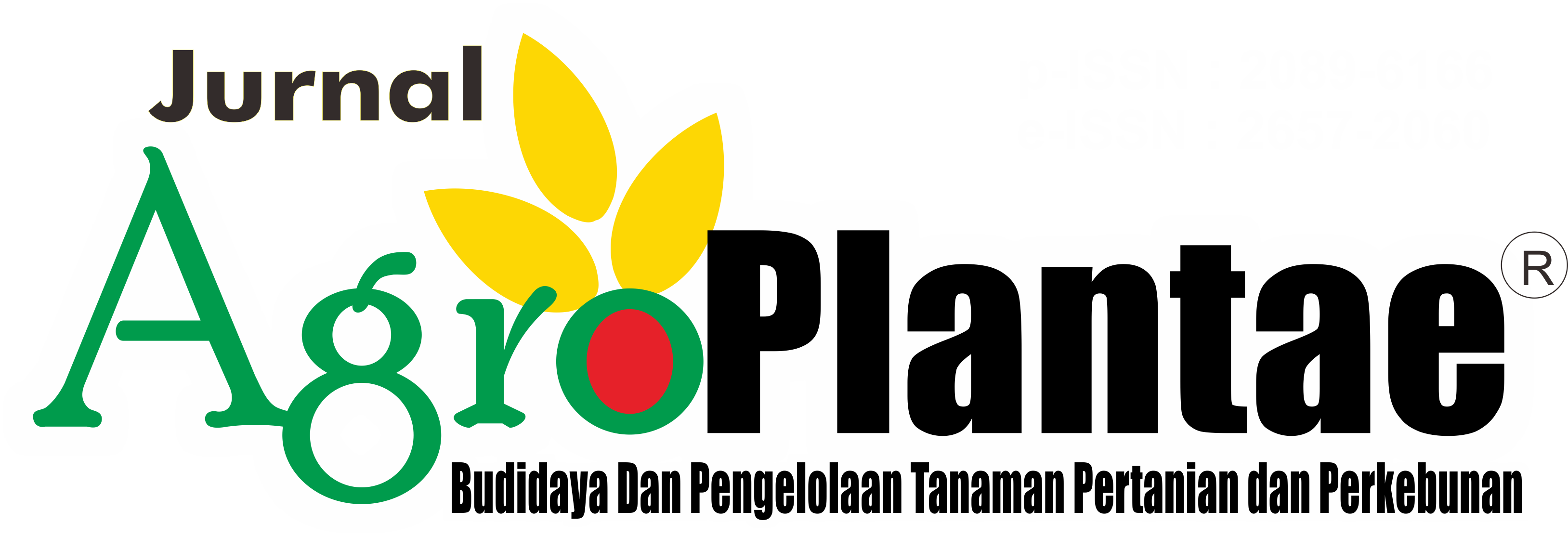BIOCHAR DIPERKAYA Pleurotus ostreatus GUNA MENINGKATKAN PERTUMBUHAN DAN PRODUKSI BAWANG MERAH (Allium cepa) DI TANAH LEMPUNG BERPASIR
Abstract
Sandy loam soil is one alternative to support food security by using rice husk biochar enriched with Pleurotus ostreatus as an organic waste agricultural soil conditioner. This study aims to increase the growth and production of shallots (Allium cepa) in sandy loam soil with the application of Biochar enriched rice husk Pleurotus ostreatus. The research method used a non-factorial Randomised Group Design (RAK) with 4 levels, namely: 1) No treatment, 2) Rice husk biochar enriched with Pleurotus ostreatus 10 grams, 3) Biochar rice husk enriched with Pleurotus ostreatus 15 grams and 4) Biochar rice husk enriched with Pleurotus ostreatus 20 grams. The use of organic matter biochar rice husk enriched with Pleurotus ostreatus had no significant effect on sprouting speed, number of shoots, and weight of tuber clump-1. The use of organic matter biochar rice husk enriched Pleurotus ostreatus significantly affects the root diameter (πm) of shallot plants with the best treatment produced organic biochar rice husk enriched Pleurotus ostreatus 20 grams which is 0.42πm. The use of rice husk biochar enriched with Pleurotus ostreatus with the right dose can increase the growth rate and production of shallot plants in sandy loam soil








